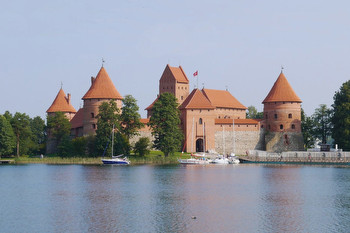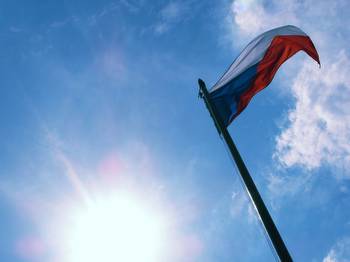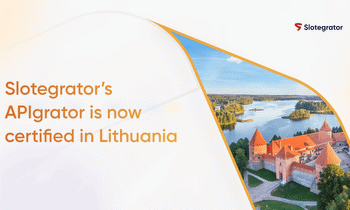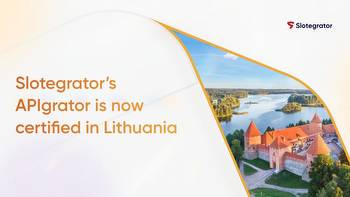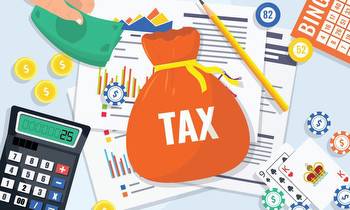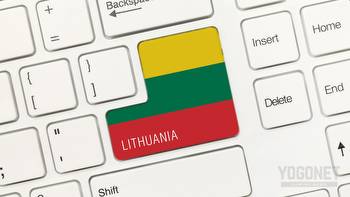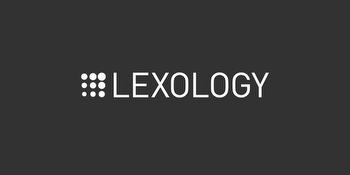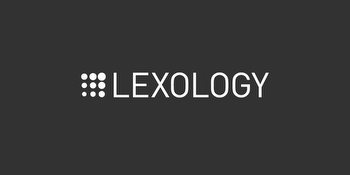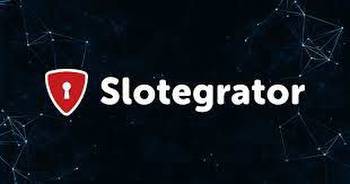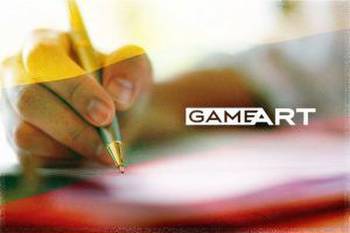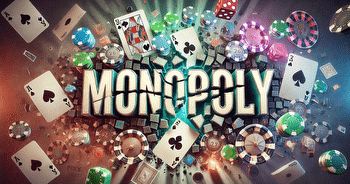Slotegrator analyzes Lithuania's igaming market amid licensing reform
Lithuania has seen a boom in online gaming over the past two years. The local authorities are trying to revise existing regulations to guarantee a good mix of player safety and attractiveness to investors. In mid-June, the government proposed a comprehensive reform of the licensing system for gambling operators.
Lithuania's economy has grown steadily since independence. The average wealth per adult has increased five times since 2000. In 2019, the cumulative foreign direct investment amounted to a record-high €18.2 billion.
Lithuanian iGaming market registered a 44.5% year-on-year growth in 2019. Online gambling products raked in a net €40.4 million. The GGR passed the €100 million mark for the first time. In 2020, the market shrunk by 8.1% to €103. 5 million due to mandated lockdowns. Slot machines generated the most GBR with nearly €45 million, while tables and betting shops raking in €16.7 million and €10.6 million respectively.
The growth of iGaming in Lithuania has pushed the government to tighten regulations. Lithuanian authorities have lost an average of €6 million in unpaid fees and taxes to foreign online gambling operators in previous years. Illegal websites were identified and blacklisted, resulting in DNS and payment blocking. Major gambling platforms like William Hill, Betway, and PokerStars were among those black listed in 2021.
Lithuanian authorities presented a series of amendments to gambling between March and July 2021. The ban on gambling advertising and the reform of the licensing system are likely to have a significant impact on the local market.
The parliament of Lithuania passed a law banning all forms of gambling advertising in May 2021. The genesis of this law is the Covid-19 pandemic. It was feared that the increase in problem gambling during the first lockdown would increase the number of problem gamblers. National Gambling and Gaming Business Association strongly criticised the ban.
The reform of the licensing system is still at the proposal stage. If approved, it's expected to enter into force as soon as 1 January 2022.
There are currently 8 licensed online gambling operators in Lithuania. The minimum requirements to apply for an online permit are ownership of either a casino, ten slot machine halls, twenty totalisator stations, or five horse race totalisation stations. A land-based license for casinos and gaming halls costs €251,985 for the minimum of 30 slots and 3 tables. An additional €619 permit is required to offer online services.
The proposed amendments to the licensing process presented in June 2021 would decouple land-based and online licenses. The government wants to open the market to established foreign operators and new investors interested in providing online-only services in Lithuania. Online- only licenses would command a €500,000 fee, while combined ones would be available for €1 million. It would also be possible to acquire licenses to operate tables and slot machines (€300,00) or betting operations ( €100, 000). Land- based licenses could be renewed after a maximum of five years and are subject to approval by local municipal councils.
Slotegrator offers legal and business advice on expanding a business into a new country or starting a gambling business in Lithuania. If you want to start a company in the gambling industry, SloteGrator can help you.








